Question And Answer
Publications
Articles, publications, books, tools and multimedia features from the U.S. Institute of Peace provide the latest news, analysis, research findings, practitioner guides and reports, all related to the conflict zones and issues that are at the center of the Institute’s work to prevent and reduce violent conflict.
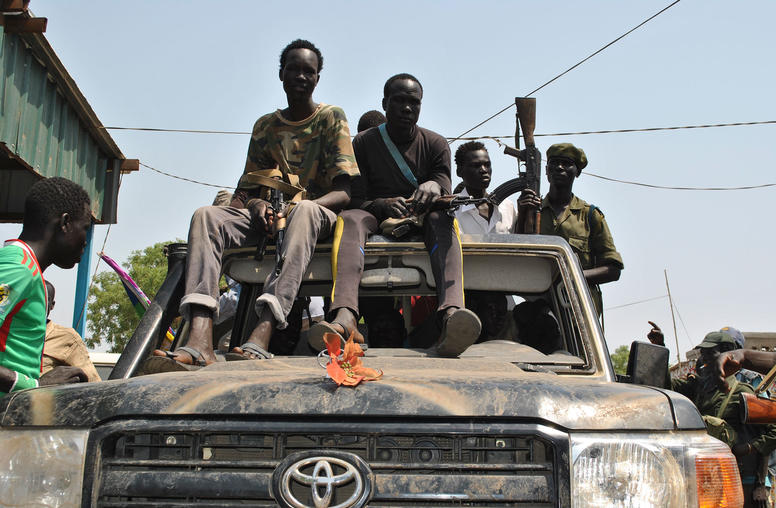
South Sudan’s Pitfalls of Power Sharing
This week, a new proposal for a power sharing government was tabled at the ongoing Intergovernmental Authority on Development (IGAD) High Level Revitalization Forum (HLRF) peace talks for South Sudan. An earlier, 2015 peace deal also contained a formula for power sharing; that arrangement failed and the civil war re-ignited a year later. Power sharing arrangements are appropriate if certain conditions are met, but not enough has been done to ensure the latest proposal will overcome the obstacles present in South Sudan, according to Susan Stigant, USIP’s director for Africa programs and Aly Verjee, a visiting expert at USIP and a former senior advisor to the IGAD mediation, who comment on the proposal and suggest how it could be improved.
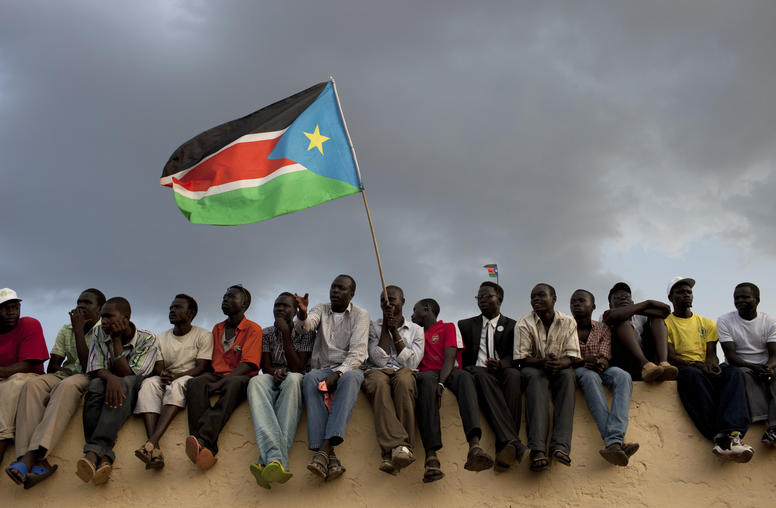
Strong Words Alone will not Deliver Peace to South Sudan
At the end of May, after only four days, South Sudan’s long-delayed peace talks once again adjourned without reaching a viable agreement. The failure to reach a deal comes only weeks after the White House declared that the Government of South Sudan had “lost credibility,” expressed deep frustration at the “lack of progress toward an agreement,” and warned that “more than seven million people will face life-threatening hunger in the coming months,” as a result of the crisis.
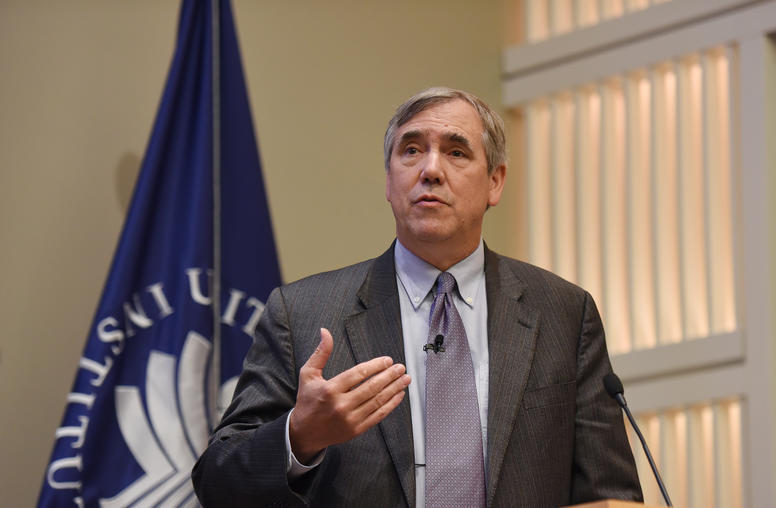
The U.S. Can’t Give Up on Africa’s Crises
After a trip to assess humanitarian crises in some of the world’s most troubled nations, U.S. Senator Jeff Merkley said he concluded that a matrix of conflict, corruption and “climate chaos” is driving one of the biggest periods of displacement in modern history.
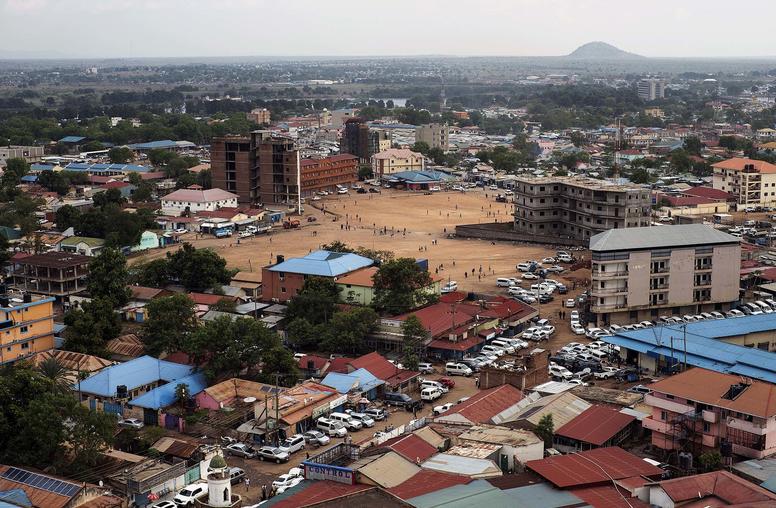
South Sudan: From 10 States to 32 States and Back Again
Last year, South Sudan reintroduced 10 subnational states in South Sudan, in place of the 32 states controversially created in 2017. Far from being an obscure matter of administrative organization, the initial, dramatic redivision of territory in the midst of protracted violence and large-scale displacement had a significant impact on representation, as well as social, economic, and political relations throughout the country. In 2018-19, researchers commissioned by USIP sought to better understand the decision-making process behind the creation of the 32 states in South Sudan. Researchers Matthew Pritchard and Aly Verjee discuss their findings in light of current developments.
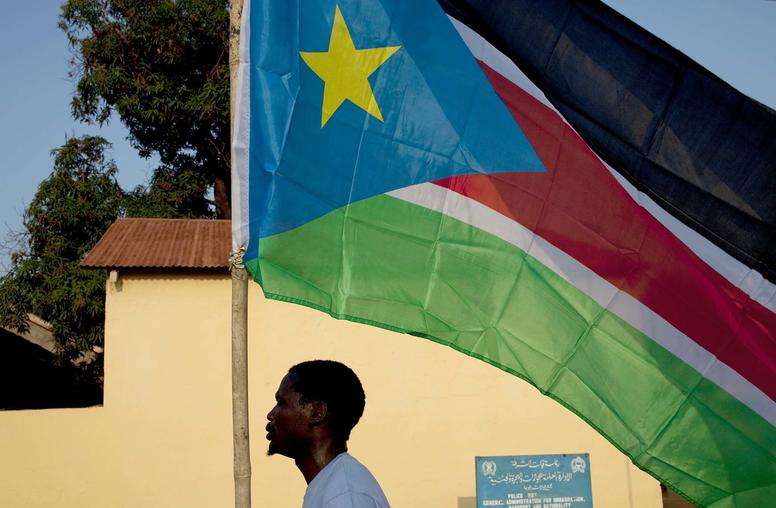
The South Sudan Peace Process Archive: A Window into Mediation
As part of its commitment to learning from peace processes, the U.S. Institute of Peace is pleased to launch the South Sudan Peace Process Archive, which aims to provide South Sudanese citizens, mediators, policymakers, academics and other interested readers a window into the 2013-2015 negotiations that attempted to end the conflict that began in South Sudan in late 2013. Documents for this archive were first assembled and organized in 2016. Now, archive curators and former peace process advisers Zach Vertin and Aly Verjee discuss their motivations for assembling and organizing the documents and what they hope the archive can contribute to future peace processes.
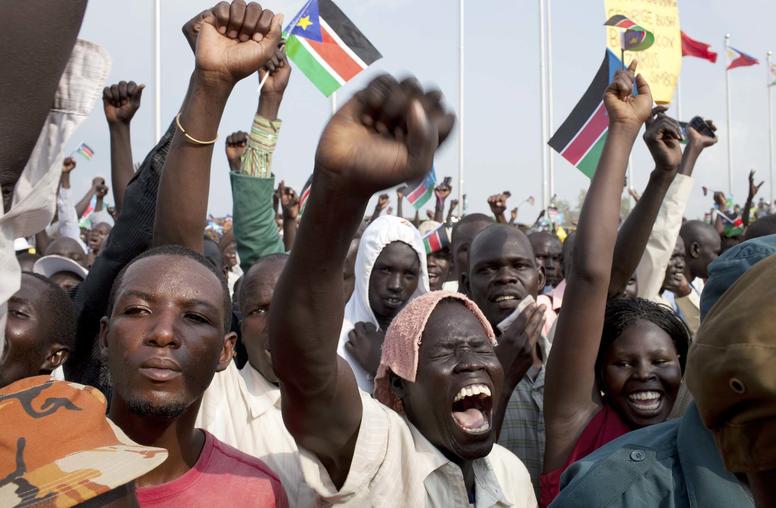
South Sudan’s people have spoken on peace. Is anyone listening?
The United States played a key role in the emergence of South Sudan as an independent state 10 years ago. Yet today, U.S. policy toward the country is insufficient to address the continued violence or promote sustainable peace. Even so, it is not too late for U.S. policymakers to embark upon a renewed push for peace. To move forward, they should listen to what South Sudan’s people said in the recently concluded National Dialogue and incorporate its recommendations in diplomatic, humanitarian and development strategies for the country.
On the Issues: Darfur
The seven-year conflict in Darfur, Sudan has claimed the lives of hundreds of thousands of Darfuris and left millions homeless, amid clashes among various rebel groups, government forces and allied militias. In what could be a step towards ending that conflict, the Sudanese government and the Darfuri rebel group, Justice and Equality Movement (JEM), signed a cease-fire agreement on February 23, 2010.
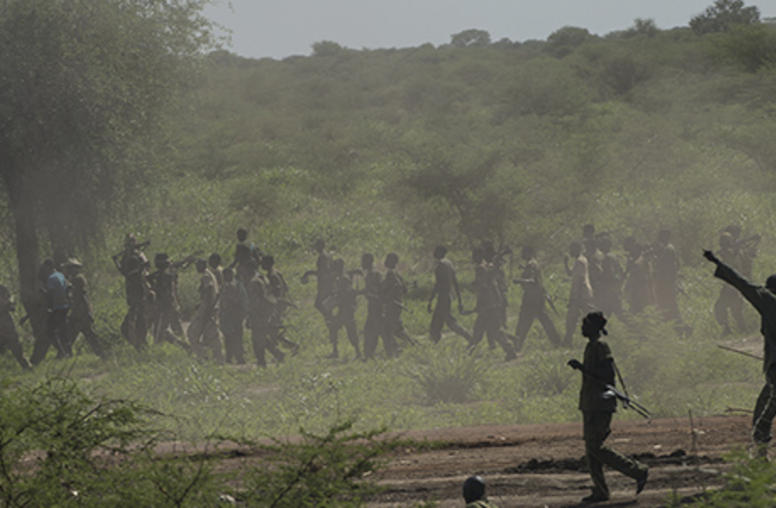
To Save South Sudan, Put it on Life Support
South Sudan marked its fifth anniversary as a state this month not with celebrations but with rival armed factions shooting at each other in the streets of the capital. Several hundred people were killed in less than a week, tens of thousands displaced, and even sacrosanct U.N. camps protecting civilians were attacked. South Sudan ceased to perform even the minimal functions and responsibilities of a sovereign state long ago, and today the likelihood of a larger pogrom and escalating civil war is high.
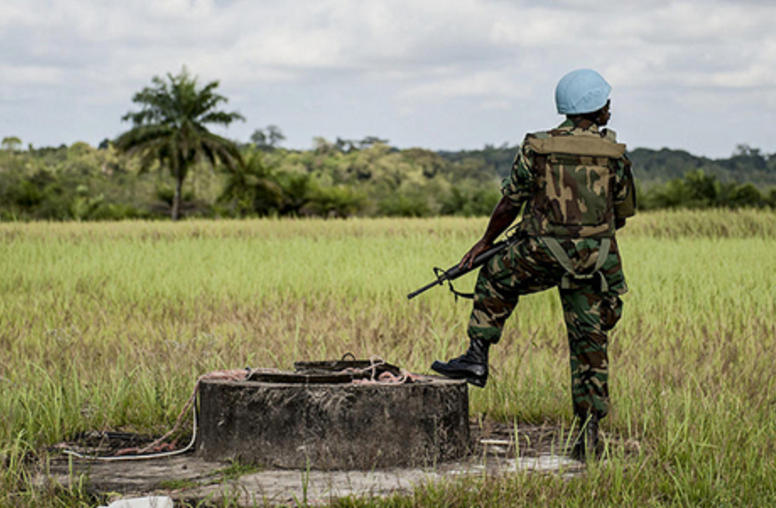
Africa Peacekeeping: Lessons from a Ghanaian Commander
For peacekeeping forces in Africa, the days of simply patrolling a ceasefire line or keeping local armies apart are over. Their assignments today increasingly include protecting civilians, confronting violent extremism and even engaging in what amounts to counter insurgency. These new burdens demand better preparation of troops headed for missions and clearer thinking by those who send them, Ghanaian Army Colonel Emanuel Kotia, a leading trainer of African peacekeepers, said at a U.S. Institute of Peace forum.
South Sudan’s Independence Day: No Cause for Celebration
South Sudan, the world’s youngest state, marks four years of independence on July 9. But many South Sudanese, who struggled for that statehood for decades, are finding nothing to celebrate. When they won independence in 2011, the 11 million South Sudanese hoped that their new nation would let them develop their land in peace. Instead, it has plunged into civil war.